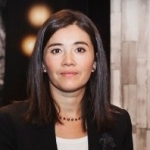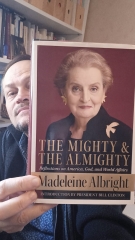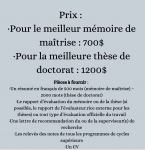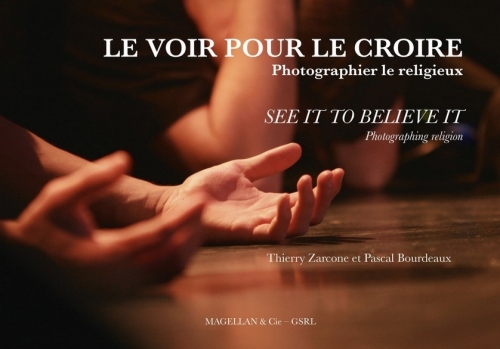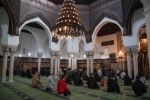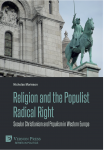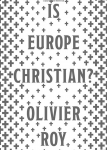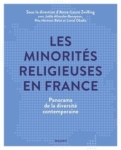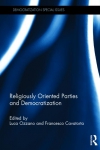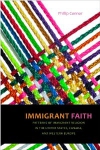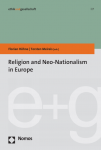 How do religions contribute to contemporary nation-building processes ?
How do religions contribute to contemporary nation-building processes ?
Thanks to Florian Höhne, Torsten Meireis (Ed.), this impressive 2020 book sheds new light on the complex relationships between religion and (neo)nationalism.
The contributions to this volume analyse the complex relations between religious traditions, groups and ideas on the one hand, and (neo-)nationalism on the other. They do so on a conceptual level as well as with regard to concrete contexts and countries. They shed light on these relations from historical, sociological, theological and ethical perspectives, and contribute to the discourse on neo-nationalism, populism and public theology. While the first part of the book situates religion and (neo-)nationalism in a globalised world, the second puts the concepts of neo-nationalism, populism, religion in context. The third part presents different case studies (particularly from European countries), and the final part concludes with ethical and political perspectives.
Please notice that this book includes a significant contribution from Philippe Portier (EPHE, former GSRL director),
Philippe Portier, "Neo-Nationalism and Religion in France" (p.255 - 272).
Link
Permalink
Categories: France: religion and culture
Tags: florian höhne, torsten meireis, philippe portier, europe, nation, nationalism, religion, neonationalism, book, nomos, ephe, gsrl
0 comments
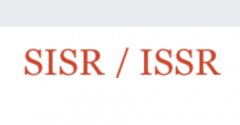 The ISSR (INTERNATIONAL SOCIETY FOR THE SOCIOLOGY OF RELIGION), founded in 1948, is a worldwide scientific organization devoted to understanding the relationship between religion and society.
The ISSR (INTERNATIONAL SOCIETY FOR THE SOCIOLOGY OF RELIGION), founded in 1948, is a worldwide scientific organization devoted to understanding the relationship between religion and society. 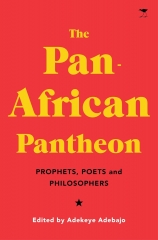
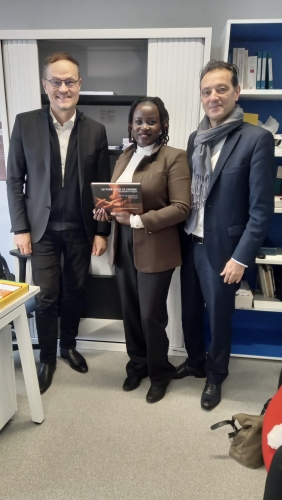
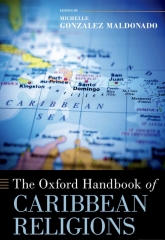
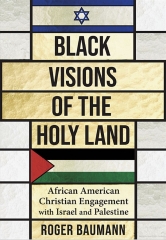
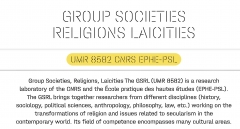
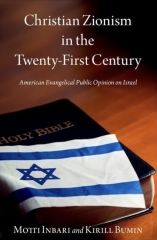 "In
"In 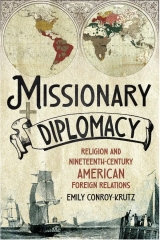 Missionary Diplomacy illuminates the crucial place of religion in nineteenth-century American diplomacy. From the 1810s through the 1920s, Protestant missionaries positioned themselves as key experts in the development of American relations in Asia, Africa, the Pacific, and the Middle East.
Missionary Diplomacy illuminates the crucial place of religion in nineteenth-century American diplomacy. From the 1810s through the 1920s, Protestant missionaries positioned themselves as key experts in the development of American relations in Asia, Africa, the Pacific, and the Middle East. 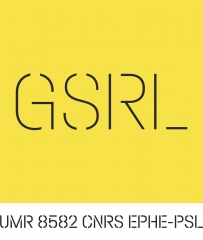
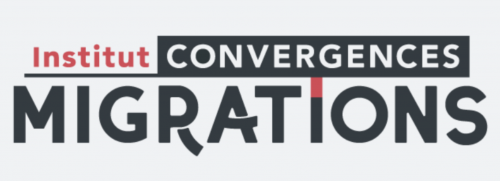
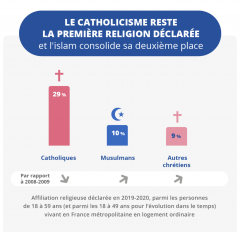
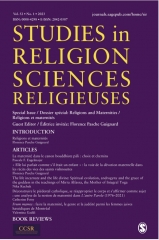 Evangelical Protestantism is often studied from the angle of proselytizing and conversion dynamics.
Evangelical Protestantism is often studied from the angle of proselytizing and conversion dynamics. Want to discover The groundbreaking volume
Want to discover The groundbreaking volume